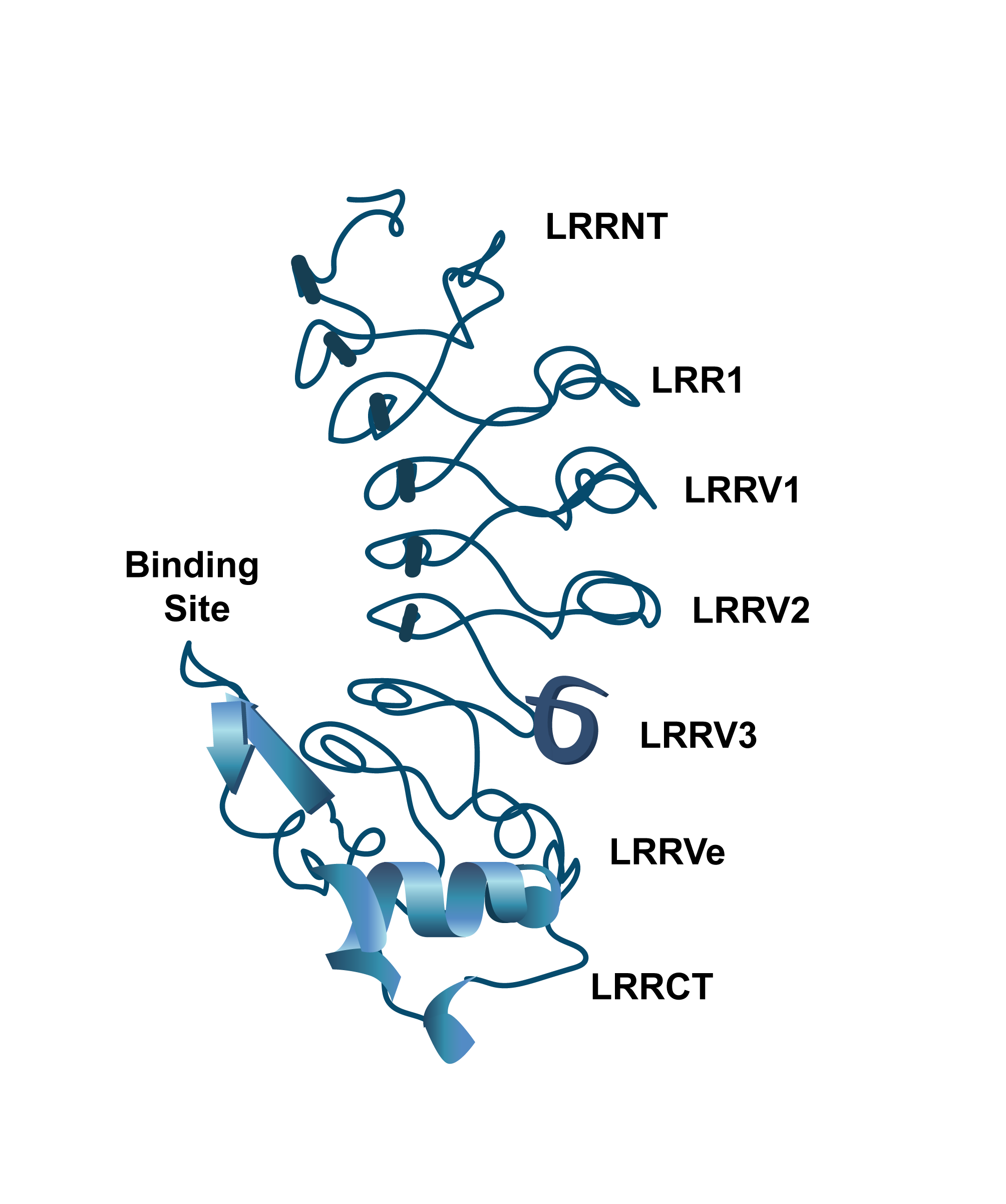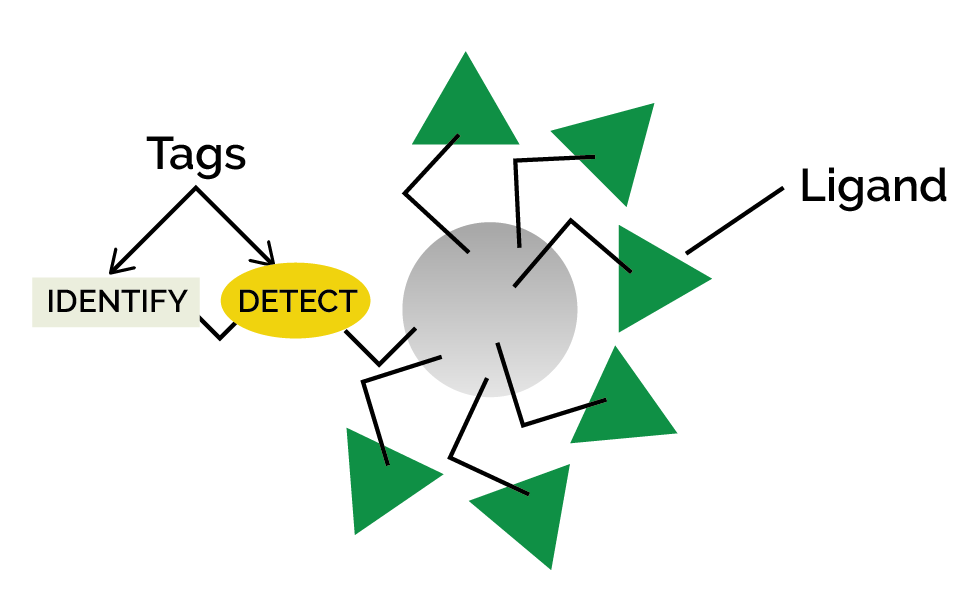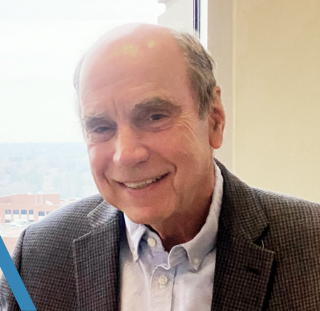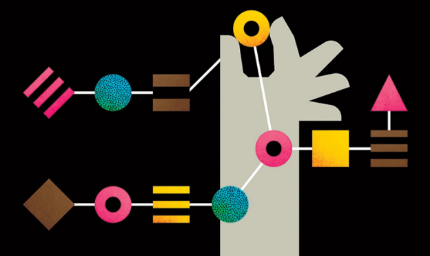With a distinctive rigid β sheet binding site that is entirely contained within a small single polypeptide structure and derivation from organisms that last shared a common ancestor with humans and other mammals over 500 million years ago, our new class of monoclonal antibodies provide access to targets that are distinct from those accessed with conventional antibodies and can be engineered to execute novel diagnostic and therapeutic functions.

Our new class of monoclonal antibodies are small, single polypeptide antibodies that possess a distinctive rigid β-sheet binding site structure. These antibodies access specificities that are distinct from those of conventional antibodies, including the ability to bind glycans and discriminate closely related glycan structures. The single polypeptide structure facilitates development of novel structures and functions such as multispecific antibodies and antibody polymers for high sensitivity detection and targeting of infectious agents and tumor cells.
Initially developed to facilitate discovery of antibodies that bind to glycans, our multimeric ligand technology has additional uses including cell and/or tissue specific targeting and delivery of modifying agents such as drugs, antibodies, nucleic acids and RNA/DNA modifiers.


- Emory Professor Pathology and Laboratory Medicine
- Georgia Research Alliance Eminent Scholar
- Member of National Academy of Sciences, Institute of Medicine, Medical Society of London, French Academy of Sciences
- Discovered B lymphocytes as the cellular origin of antibody-mediated
humoral immunity
- Avery-Landsteiner Prize (2008), Robert Koch Prize (2010), Japan Prize
(2018), Lasker Prize (2019).

- Founder, CSO Hygeia Sciences First Response® Home Pregnancy and
Ovulation Predictor Tests)(IPO and acquisition Tambrands/P&G)
- Founder, President Therapeutics Dyax Corp (Kallbitor® HAE therapy) (IPO)
- CEO Adipogenix (OSI-Astellas acquisition)
- CEO Unigen Inc (profitable private biotech company)
- Director Smart Cells, Inc. (acquired by Merck)

![]() ARTICLE
ARTICLE
Antibodies and other reagents for glycans have lagged behind those for proteins and nucleic acids, but the field is catching up. This article in Nature features Max Cooper’s discoveries in this space and the work that powers NoVab. More

![]() ARTICLE
ARTICLE
In immunologist Max Cooper’s Emory Vaccine Center lab, researchers see lampreys as windows into the distant past and biomedical treasure troves that may contain disease-fighting secrets from another eon. More

![]() ARTICLE
ARTICLE
NoVab leaders are highlighted in this article about the history of the Georgia Research Alliance, the mission of which is to expand research and commercialization capacity in Georgia’s universities in order to launch new companies, create high-value jobs and transform lives. More
